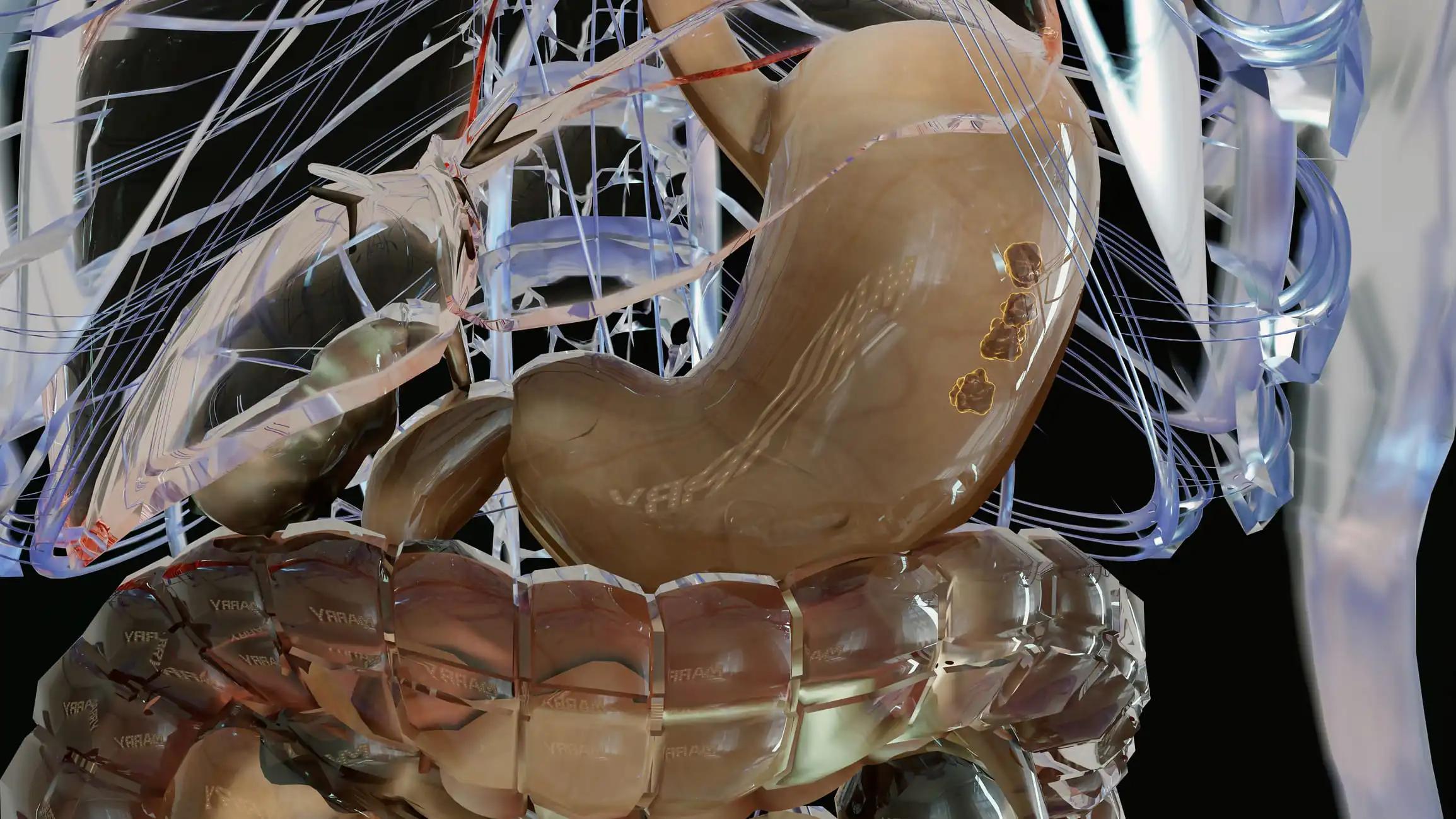KEY TAKEAWAYS
- The VOLGA trial is a Phase 3 study examining the safety and efficacy of the triplet combination of D (anti-PD-L1) + T (anti-CTLA-4) + EV (antibody–drug conjugate directed against nectin-4) for cisplatin-ineligible MIBC.
- The SRI results from VOLGA indicate that 13 patients completed all 3 neoadjuvant cycles, and radical cystectomy was performed in 14 patients, with no delays in time to surgery.
- Approximately 40% of patients with MIBC are cisplatin-ineligible, and RC alone remains the standard of care for this patient population.
- The primary SRI endpoints of the VOLGA trial were safety and tolerability, with 16 patients experiencing ≥1 TRAE: 8 patients had Grade 3 or 4 TRAEs, and no Grade 5 TRAEs occurred.
In the roughly 40% of patients with MIBC who are cisplatin-ineligible, radical cystectomy (RC) alone remains the standard of therapy. However, for patients with metastatic inflammatory breast cancer (MIBC) that is resistant to cisplatin, a novel triplet combination of D (anti-PD-L1), T (anti-CTLA-4), and EV (antibody-drug conjugate directed against nectin-4) is being studied for the first time in VOLGA, a global Phase 3 study. We present VOLGA’s safety run-in (SRI) results here (NCT04960709).
Patients that met the inclusion criteria had to be 18 years or older, cisplatin-ineligible according to the Galsky criteria, and have histologically confirmed MIBC (urothelial and/or mixed). Radial cystectomy followed three rounds of neoadjuvant therapy Q3W consisting of D (1500 mg; Day 1 of each cycle) + T (75 mg; Day 1 of Cycle 1 and Day 8 of Cycle 2) + EV (1.25 mg/kg; Days 1 & 8 of each cycle). Adjuvant treatment consists of 9 cycles of treatment administered every 4 weeks (Q4W): D (Day 1 of each cycle) + T (Day 1, 1st cycle only). Safety and tolerability were the primary indicators for the SRI. The last month of data is August 2022.
About 17 patients participated in the SRI. 13 patients finished all 3 neoadjuvant regimens. A total of 14 patients underwent a radical cystectomy, with no postponements due to patient or surgical complications. In total, 16 patients reported at least one treatment-related adverse event (TRAE) connected to their therapy, with 8 patients experiencing AEs of Grades 3 or 4, and none experiencing AEs of Grade 5. One patient’s disease progressed before cystectomy, whereas another progressed after surgery. Further data on the SRI population’s safety and effectiveness will be presented.
Evaluation of the triplet regimen of D+T+EV in patients with cisplatin-ineligible MIBC should continue, as suggested by preliminary safety outcomes from the SRI part of the VOLGA study. In addition, an updated protocol now allows patients who refuse cisplatin to participate in the randomized phase 3 section of VOLGA, which is currently open for enrolment.
Source: https://resource-centre.uroweb.org/resource-centre/EMUC22/244395/Abstract/
Clinical trial :https://clinicaltrials.gov/ct2/show/NCT04960709/
Powles T., Bupathi M, Joshi M., Fleming M., Gomez De Liano A., Morales-Barrera R., Vuky J., Pili R., Hois S., Boulos S., Drakaki A. LP166: VOLGA: Results from the phase 3 safety run-in with durvalumab (D) + tremelimumab (T) + enfortumab vedotin (EV) for cisplatin-ineligible muscle-invasive bladder cancer (MIBC). https://resource-centre.uroweb.org/resource-centre/EMUC22/244395/Abstract/ [Accessed 22 Feb. 2023].



